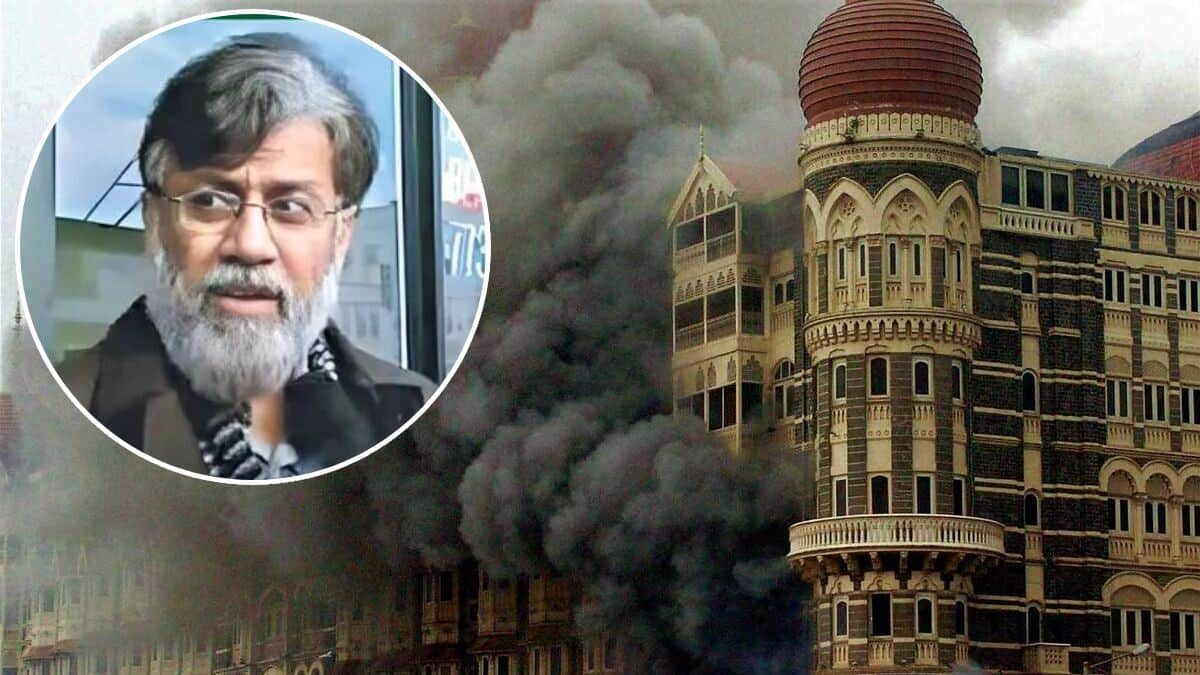
'Bring Dawood': Raut after US SC permits 26/11 convict's extradition
What's the story
The United States Supreme Court has rejected a review petition by Tahawwur Rana, a prime accused in the 2008 Mumbai terror attacks. The decision clears the path for his extradition to India. Rana had earlier lost legal battles in multiple federal courts, including the US Court of Appeals for the North Circuit in San Francisco. The rejection of his petition is viewed as a major win for India.
Extradition calls
Indian leaders urge extradition of other fugitives
In the wake of the US Supreme Court's decision, a number of Indian leaders have urged the government to fast-track the extradition of other fugitives. Shiv Sena (UBT) leader Sanjay Raut specifically referred to Nirav Modi and Dawood Ibrahim. Communist Party of India (Marxist) politburo member Hannan Mollah also welcomed the decision, adding that criminals who committed crimes in India should be extradited for trial.
Potential revelations
Rana's extradition could reveal Pakistan's involvement: Nikam
Advocate Ujjwal Nikam, who was a public prosecutor in the Mumbai case, feels Rana's extradition could bring more clarity on Pakistan's role in the attacks. He said, "By extraditing Tahawwur Rana, India will get more information and evidence of the involvement of some of the Pakistani people." This hints Rana's return to India could lead to major breakthroughs in understanding the orchestration of the 2008 Mumbai terror attacks.
Rana's background
Who is Tahawwur Rana?
Rana, a Pakistani-origin businessman, is wanted for his alleged involvement in the 26/11 Mumbai terror attacks. He is believed to be linked to Pakistani-American Lashkar-e-Taiba (LeT) terrorist David Coleman Headley. His extradition from the US is viewed as a vital step toward justice for the victims of the attacks which took 166 lives.